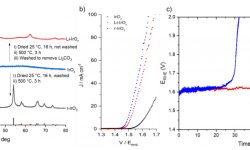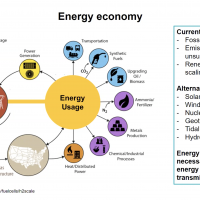Tag: chemistry webinar
Sonochemical CO2 reduction over copper-based catalysts
Catalysis for Global Health with Dr. Jennifer Edwards, Cardiff University
Using In Situ Vibrational Spectroscopy to Probe (Electro)Catalytic Interfaces
Lignin Depolymerization over Transition metal-based Catalysts: from Hydrogenolysis to Oxidation
Winter Conference 2023 – Watch now
When: 18 & 19 December 2023Where: Rutherford Appleton Laboratory, Harwell Campus, Fermi Avenue, Didcot, Oxfordshire, OX11 0QX On the 18th and 19th of December 2023 the UK Catalysis Hub held its annual winter conference and networking…













